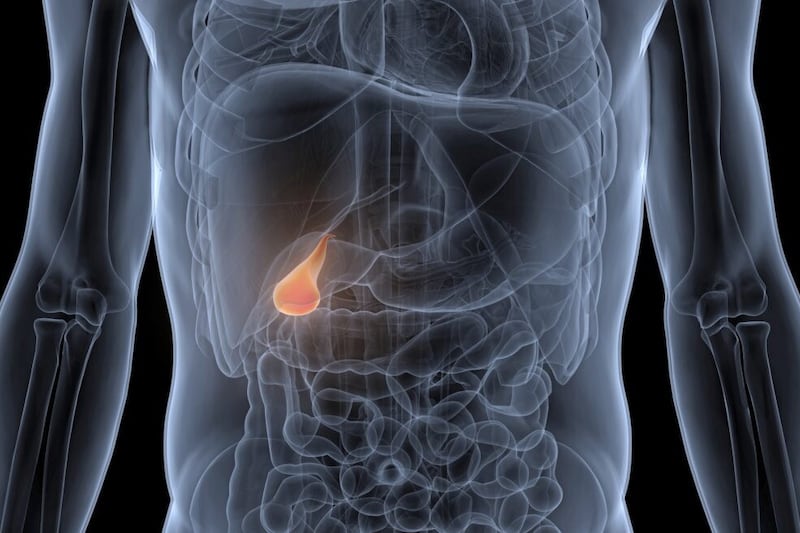IN JULY I acquired a new car, enthusiastically telling my family that – given the five-year warranty – it would be the last such vehicle I would ever buy as, by the time this car expires, we will all be driving electric cars.
But the new car has already failed to start on three occasions. Each time, neither the computer of the rescue service nor the technologies of the agent to whom the vehicle was returned have revealed any fault: the car just spontaneously recovered.
Ultimately, a diagnosis was made: the nut connecting a power lead to the starter motor had not been tightened sufficiently at the time of manufacture and yet the diagnostic computer was unable to recognise this fault. It appears that programming did not allow for improper construction and so when the engine failed to start, all systems went into chaos.
Medicine is heading in the same direction. We heard in September that the NHS is now a test bed for artificial intelligence: this will be applied to diagnosis, investigation, decision making and treatment monitoring, and is the kind of apparent advance that gets our politicians excited as they can see the cost containment benefits.
But these systems are only as good as what humans feed into them. How can you construct them to look for the unexpected?
I say this as someone who witnessed the intricate needs of patients over many decades. These needs don’t align with algorithms.
Find me a computer that can replicate the ability to be flexible and to respond to patients as individuals rather than as marks on a graph, and I’ll rest easier about the move to algorithms, online consulting and computer-aided diagnosis. But, until then, I will remain sceptical that this shift represents progress for the NHS.
© Solo dmg media







